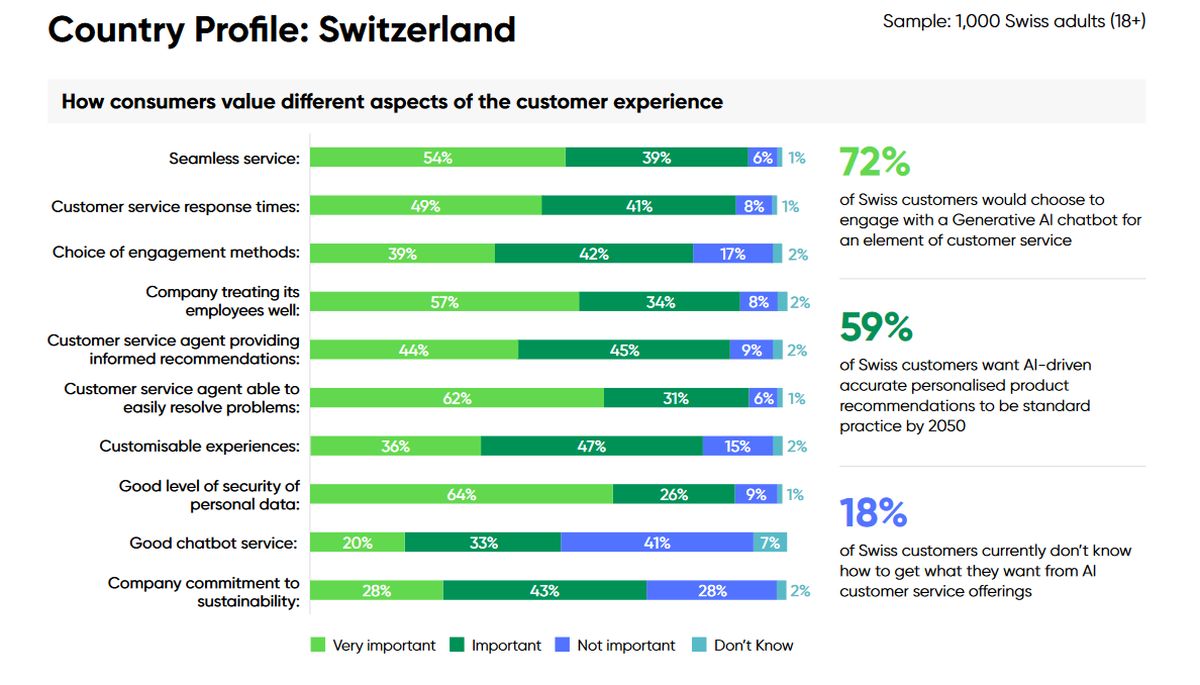Study: Brand loyalty is declining rapidly
Brand loyalty continues to fall, according to a study by Servicenow - and provides recommendations for action that companies can take to counteract this.

Constantly changing customer expectations and economic instability are driving factors behind consumers' declining loyalty to their brands. This is the result of the Consumer Voice Report 2024 by Servicenow.
According to the survey, 71% of all respondents stated that they are less loyal to companies than they were two years ago. The main reasons for this are financial aspects such as the increased cost of living (35%) and growing competition and therefore greater choice (19%). However, disappointing experiences with certain brands and companies (15%) also play a role.
Optimized customer experience for more brand loyalty
The results prove it: Companies need to move away from reactive measures towards a long-term CX strategy. When asked what companies should do to increase brand loyalty again, 28% say they should look for ways to offer a better service without using more customer data, 26% want websites and apps to be made more user-friendly and 32% want a better after service.
The right balance between people and technology
Technology plays a decisive role here. The significant majority of respondents state that a high level of problem-solving expertise (93%), seamless services (93%), fast response times (90%) and the ability to choose the communication channel that suits them best (77%) as well as self-service options (64%) are particularly important to them when it comes to customer service. Many of these aspects can be optimized through the use of generative artificial intelligence (GenAI), for example.
However, consumers are still cautious when it comes to interacting with AI. Especially when it comes to making a complaint or solving a specific problem, customers prefer personal interaction with a service employee to AI. Technological solutions such as chatbots (53%), intelligent search engines (29%) or automated phone calls (20%) are more likely to be used when it comes to obtaining general information.
The study also asked participants about their views and wishes regarding the future use of technologies in customer service. 47 percent state that they do not want customer service to be based entirely on AI in the future. In addition, 52 percent say they would like to reduce automated processes and return to an employee-based service. However, many consumers also see that technology can improve the customer experience. By 2025, for example, they can imagine virtual reality (VR) being used to test products before they are purchased (34%), complaints management being handled by smart assistants such as Amazon or Alexa (23%) or AI making precise, personalized product recommendations (22%).
The survey, in which 15,000 adults (aged 18 and over) in ten EMEA countries - including 1,000 respondents in Switzerland - were asked about their attitudes towards customer and employee experience, was commissioned by Sevicenow and conducted by Opinium Research between 3.01.24 and 11.01.2024.









